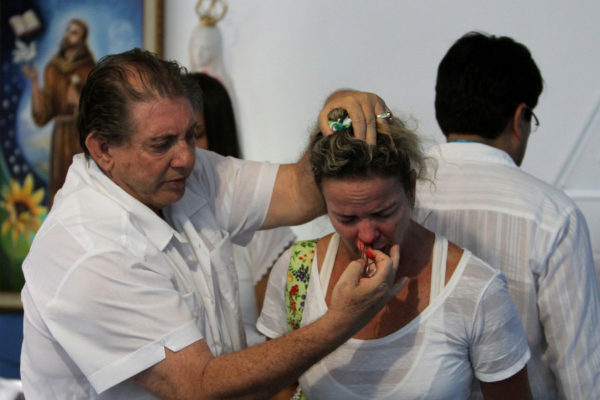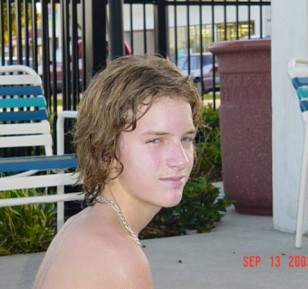As many of you know, Houston got slammed last night with torrential rains, and many of the homes in my neighborhood were flooded. I’m not sure ours is, but as soon as the squall line passes us, we’ll pull camp and head home to see. I know that a lot of the freeways are closed. Damn El Niño. Can’t even have a decently dry vacay!
Don’t forget to enter the giveaway due to expire Thursday. All you have to do is “like” the CE Facebook page. You can click on the “like” button on the “CE on Facebook” banner on the lefthand sidebar of the homepage. Click the giveaway link on this POST.
Me: A lot of folks want to know, Erik, how they can best to change a belief or perception. Many of us have things we so desperately want to get rid of that no longer serve us well or maybe never did, but we hold on to those beliefs because we find so many way in the past to validate them. So if beliefs and perceptions are a factor in shaping tings in our life and even our afterlife how do we best align those with the highest good? I can see you hovering over that big red button, Mr. Game Host, because this is another one of those Questions of the Day!
Jamie (giggling): Ding, ding, ding, ding!
Me: Os the answer behind door number one, two are three?
Jamie: Oh my gosh, that’s so his attitude!
Me: I know, I can feel it!
Erik: But its true. You have directions you can go in. What people do is they take the easier path, the weaker path which is—
Jamie (puzzled): What?
(Short pause as Jamie listens to Erik)
Erik: —often Option C. The answer is usually C.
Jamie (to Erik): Oh, you’re talking multiple choice. We were laughing about the doors, weren’t we? One, two and three.
(Pause)
Jamie: How to change the perspective?
Erik: If you’re able to identify what you like and don’t like but still go back to what you don’t like, that’s two things. Someone who doesn’t want to change who is pampering themselves with comfort or rewarding themselves with comfort.
Me: Um hmm. (I think, “Guilty!)
Erik: Here’s an example of that kind of thinking, “I’ve eaten so well, now I’m going to have this slice of cake.”
(Frankly, I see nothing wrong with that, but I continue to keep my mind open. Plus, I’m going to have a piece of chocolate cake when I’m finished with the session, because my mouth is drooling. Thanks, Erik.)
Erik: That right there is a weak reward. You should never ever have the slice of cake to reward the hard work that you’ve done. If you wanna eat the fucking cake, you must eat the fucking cake!
Jamie: Erik!
Jamie and I laugh our heads off. Now I really want some fucking cake. Two fucking slices.
Erik: Yeah, don’t see it as a reward. Most of you fall back into comfort, like the woman who’s asking the question.
(I can’t even remember who asked the question, much less whether it was a he or a she.)
Erik: I find—and what I’ve heard—the easiest way to identify your heavy, deep-seated rooted patterns is, whenever you’re doing something—ordering something to eat, looking at someone and judging them for what they’re doing—ask yourself, “Is this really me or was I taught to do this?”
Me: Ah, wow! Very deep, Erik and spot on.
Erik: As soon as you ask yourself those questions, most of the time, you’ll be shocked. You’ll hear, “This isn’t you,” and when you ask, “Was I taught to do this?” you’ll have a memory of when you were three or four when your mother said, “This is my favorite, favorite soup of all time. Don’t you love it? It’s just my favorite!” And she would make it all the time, and hence you grew to like it. It became your favorite, because you wanted to please your mother, and you ended up getting comments, so it’s your favorite soup. But is it reeeaaally your favorite soup? No! No, it’s not!
Me: Ah!
(I’m wondering why he didn’t use cake as an example, but…)
Erik: You gotta give yourself permission to cut loose from what you’ve been taught to really identify who you are.
Me: Yeah. You know, I also feel like when we face a challenge, maybe it could be letting go of an old pattern or belief that no longer serves us in a positive way, or a struggle, a confusing choice, we can try to look where love plays a part. It’s always there somewhere whether it’s self-love, whether it’s the absence of love, whether it’s the fear of love or love meant for other people, it seems like love always fits into the equation in every choice we have. So I think we have to decide which path leads to the most love and take that over any other.
Erik: Exactly! Again, that does back to, “Why are we being human? Why are we even coming here?” It’s really to learn the relationship, the emotional energy—Love.



